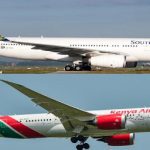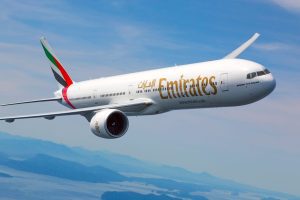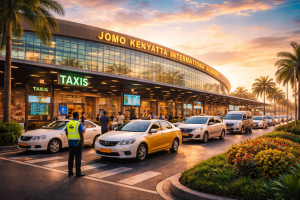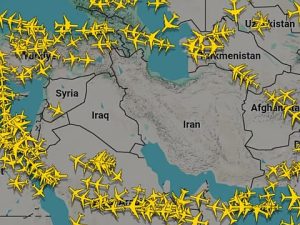Asia will reopen to travel as more is learned about the Omicron variant, with the recent tightening of borders only a “temporary speed bump” on the road to recovery, according to a top airline industry representative.
In an exclusive interview, Philip Goh, regional head of the International Air Transport Association, told Al Jazeera he was optimistic about the resumption of travel in Asia in 2022 despite the region’s doubling down on travel restrictions in response to the variant.
“People miss travel and they want to travel. You cannot substitute a hug, a handshake with a virtual zoom call,” Goh said. “Nor can videos capture and invigorate the senses stimulated by the sights, sounds and scents of the places we travel to.”
Goh, IATA vice president for Asia-Pacific, said governments in the region that had banked on isolation to control COVID-19 more than any other part of the world would ultimately reopen because “their citizens want to travel and are asking for it”.
“They also understand the need for economies dependent on global commerce and trade to re-establish trade lanes and to allow connectivity to again flourish,” Goh said.
“This is a temporary set-back,” added Goh, who attributed Asia’s strict border policies to the “risk adverse nature of the region and memories of the SARS pandemic in 2003”.
“We are optimistic that plans to restart international travel will resume when more is learnt about Omicron.”
Japan, South Korea, Singapore, Malaysia, Indonesia and Thailand have reintroduced tough travel curbs in response to Omicron, while mainland China, Hong Kong and New Zealand have doubled down on existing ultra-strict border controls.
The region’s deepening isolation comes as countries such as the United States, Australia and Canada ease testing and isolation rules amid growing acknowledgement that efforts to tightly control the spread of the highly transmissible Omicron strain have become too disruptive to everyday life.
Although Omicron is believed to be two to three times more transmissible than the Delta variant, the coronavirus strain has been associated with milder illness.
In a study published in The Lancet on Wednesday, South African researchers found that just 4.9 percent of cases during the most recent wave in the province of Gauteng were hospitalised, compared with 18.9 percent during the second wave. The study, which has not been peer-reviewed, also found that patients were 73 percent less likely to have severe disease than those admitted during the country’s third wave, which was dominated by the Delta variant.
On Thursday, the South African government announced that its Omicron wave had peaked with no significant uptick in deaths. In the UK, where the daily number of COVID-19 cases is still breaking records, the number of patients in ventilation beds is less than one-quarter of their peak in January.
Even before the variant’s arrival, the Asia-Pacific had yet to see any meaningful rebound in travel. Air traffic in the region was down 92.8 percent in October compared with October 2019, according to IATA data. By comparison, travel in North America and Europe was down just 57 percent and 50.6 percent, respectively, in the same period.
‘Desire to travel’
While credited with reducing deaths from COVID-19, the region’s isolation has decimated travel-reliant industries such as tourism, separated families, upended plans for study, work and migration, and disrupted supply chains.
Earlier this month, IATA Director General Willie Walsh criticised governments that introduced travel bans in response to Omicron for “putting at risk the global connectivity it has taken so long to rebuild”.
In November, the IATA released a blueprint for restarting international travel that called on authorities to adopt “simple, consistent, and predictable” measures. The proposals included removing all hurdles for vaccinated travellers and allowing quarantine-free travel for passengers who are not vaccinated but have a negative antigen test result.
Goh said the effective shutdown of the region’s aviation had highlighted the “immense importance of aviation in our lives, which is often taken for granted”.
“People have missed not being able to connect with friends and family. People feel worse-off in terms of life experiences gained through exploring new cultures or obtaining an overseas education,” he said. “The fact that travel bookings surged whenever border reopening is announced reveal the desire to travel.”
Goh said there was a need for more balanced discussion about the costs of fighting COVID-19.
“That’s why we need governments to look at reopening borders, allowing the free flow of air travel without quarantine by treating COVID-19 as an endemic disease and managing it through testing and vaccination,” he said.
Source: AL JAZEERA






